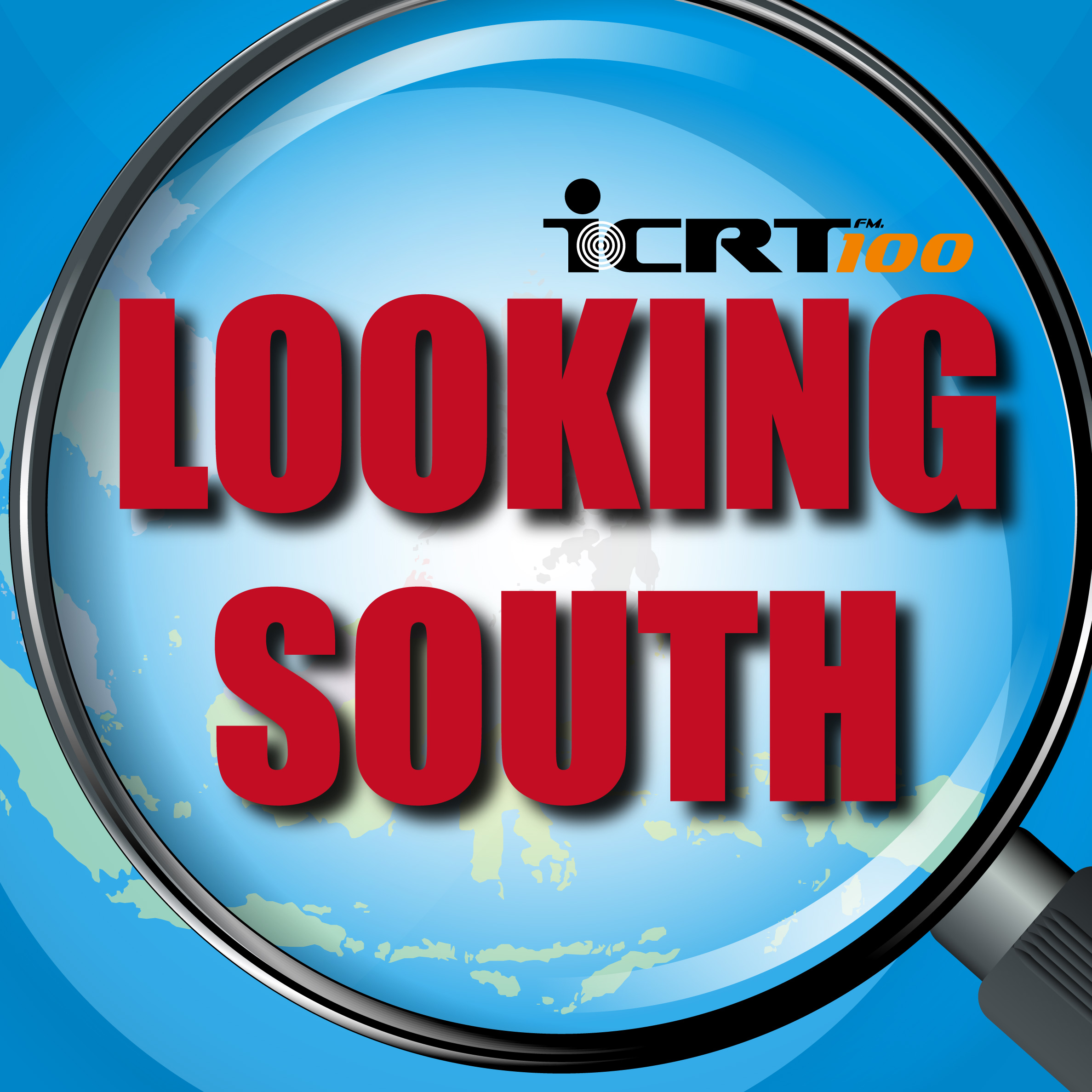Eric Gau chats with Taipei Department of Economic Development Sub-division Chief Lee Zong-qi about what the capital city is doing to promote the central government’s New Southbound Policy.
Transcript:
Eric Gau: Good morning everyone. I’m Eric Gau, and you’re listening to Looking South on ICRT, our weekly program about the government’s New Southbound Policy. For today’s installment, we are joined by Taipei Department of Economic Development Sub-division Chief Mr. Lee Zong-qi. Mr. Lee, welcome to the show.
Lee Zong-qi: Good morning, everyone.
Eric: Mr, Lee, can you give us an idea of what the Taipei City Government is doing to help implement the New Southbound Policy?
Zong-qi: Southeast Asia is the emerging market that Taipei companies and industries are looking for. There is a lot of evidence that shows if we can join the cooperation in the meeting, that will enhance our connections with Southeast Asia. Right now, there are three substantial programs holding between Taipei and these countries. For example, the Economic and Trade Exhibition plan, we will go to the Southeast Asian countries for exhibitions twice a year. In 2018, that is Malaysia and Thailand. The second is the Taipei ICT South Diamond Talent Converge Award Scheme, that is to encourage India and Malaysian students to come to Taipei for PHD and masters, and then we connect them to the industry. The third is Taipei Convention and Exhibition Award Scheme, that encourages global events to happen in Taipei. We give them resources and place for them to have international events.
Eric: I understand that last year, Taipei Mayor Ko Wen-ze led delegations to Malaysia, Thailand and India. In Malaysia, 3 MOUs were signed. Could you tell us about those, and what else the Taipei government has been doing to push economic exchanges with Southeast Asian target countries?
Zong-qi: Three are going down after the MOUs. One is the smart city. Every March, we will have the global Smart City events happening in Taipei, this year is in Nangang Exhibition Hall, and we invite all these smart city cities to join us to share ideas about how to make cities more smart. Second, we also have subsidies for Taipei companies to go abroad and connect local business and markets. The third, we also have talents programs that we encourage Taipei’s universities, for example, Municipal University of Taipei, also other universities that have ICT departments or research institutes, to go there and have students. Smart residents programs are already happening in our municipal public housings. We encourage all the ideas of how smart economy and circular economy can be done in Taipei.
Eric: Aside from these economic projects, what has plans and incentives have Taipei implemented regarding talent exchanges and tourism? Especially when it comes to the Halal market?
Zong-qi: About Halal market, it is quite new for us, because right now, we don’t have a lot of Muslim population in Taipei. But still, we have very frequent contact with them. We help Taipei restaurants and have Halal regulations and certifications. We estimate that there will be 70 restaurants that meet the standards this year. Other than that, we encourage our hotels, restaurants, and events, and also facilities in shopping malls, they will have prayer rooms, direction of cleaning, and services that Muslim tourists may need, including languages marked on the exhibitions and goods, and also services they may need.
Eric: What about talent exchanges and tourism that are not related to the Muslim/Halal market?
Zong-qi: Other than that, we already have, for example, the central government, opened the market, they don’t need visa to stay in Taipei for 2 months or half a year, depends on the country. We also have a lot of tourism events, for example, in Thailand’s new year, we will have some events in Taipei to celebrate, or Indonesia’s events. Taipei is a municipal culture city, many settlements that encourage and welcome Southeast Asian cultures here.
Eric: For any local companies or enterprises looking to take part in the New Southbound Policy, where can they go to get more information? Does the Taipei government have a team to help such firms?
Zong-qi: Yes. From mayor Ke Wen-ze, come to the city office, we set up a office called Invest Taipei office, just in the north wing of the second floor of Taipei City Hall. There we have a lot of information, if companies are interested about Southeast Asian countries, their markets, their statistics, their regulations, they can come to us and we can help to connect them to different markets and understand the regulations for trade and business.
Eric: Mr. Lee, do you have any final thoughts or comments you’d like to leave with our listeners?
Zong-qi: Taking challenges is Taipei’s companies key to success. Southeast Asian countries, of course we have language, culture, and of course national boundaries. But still, we take challenges to cross over the boundaries, that can make Taipei businesses stronger. The Taipei City government is here to help you to open your market, open wide your connections, and have local support. With us, we can have Malaysia, we have India, Thailand’s local support. If you come to us, we can fix your business and to local trade. That is what the Taipei city government ITO Invest Taipei Office can do for you.
Eric: We’ve been chatting with Taipei Economic Development Sub-Division Chief, Lee Zong-qi. Mr. Lee, thank you for joining us in the studio this morning.
Zong-qi: Thank you, Eric.
Eric: That’s it for this week’s installment of Looking South. For this and past episodes, you can check out ICRT’s website and look for the Podcast section. I’m Eric Gau, thank you for tuning in.
